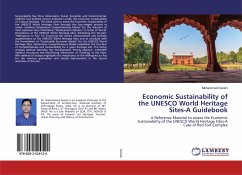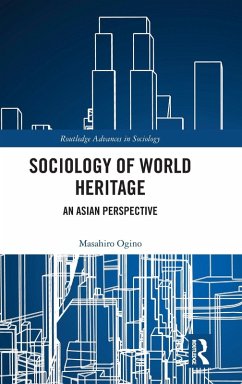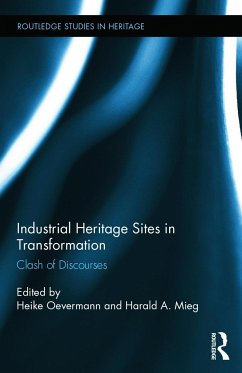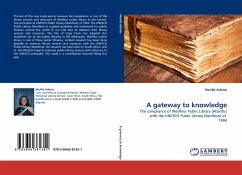
Economic Sustainability of the UNESCO World Heritage Sites-A Guidebook
A Reference Material to assess the Economic Sustainability of the UNESCO World Heritage Sites-A Case of Red Fort Complex
Versandkostenfrei!
Versandfertig in 6-10 Tagen
36,99 €
inkl. MwSt.

PAYBACK Punkte
18 °P sammeln!
Sustainability has three dimensions: Social; Economic and Environmental. UNESCO has defined various indicators under the Economic Sustainability of Cultural heritage. This book aims to assess the Economic Sustainability of the UNESCO World Heritage Sites through the four-staged process as under: Evolving "Destination Competitiveness Model" for the selection of most optimum sites; Prioritizing "Development Options" in terms of Tourist Perceptions at the UNESCO World Heritage Sites; Estimating the Tourists' "Willingness to Pay" for financing the service enhancement and facilities augmentation at...
Sustainability has three dimensions: Social; Economic and Environmental. UNESCO has defined various indicators under the Economic Sustainability of Cultural heritage. This book aims to assess the Economic Sustainability of the UNESCO World Heritage Sites through the four-staged process as under: Evolving "Destination Competitiveness Model" for the selection of most optimum sites; Prioritizing "Development Options" in terms of Tourist Perceptions at the UNESCO World Heritage Sites; Estimating the Tourists' "Willingness to Pay" for financing the service enhancement and facilities augmentation at the UNESCO World Heritage Sites and to conclude with the Formulation of "Sustainable Economic Model" for the UNESCO World Heritage Sites. Destination Competitiveness Model establishes the interface of Competitiveness and Sustainability for a given heritage site. The factor Analysis method identifies the "Development Priority Options". CVM-WTP method introduces the Flexi-Pricing mechanism ofTicketing at the Sites. NPV method of analysis highlights the importance of the Willingness to Pay for the revenue generation and overall improvement in the tourist amenities at the site.














